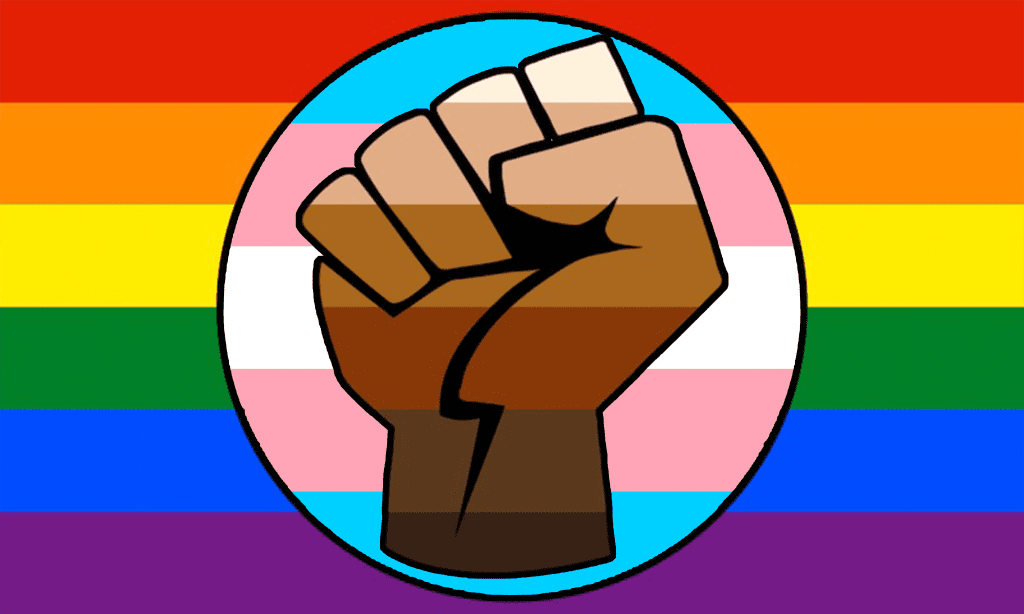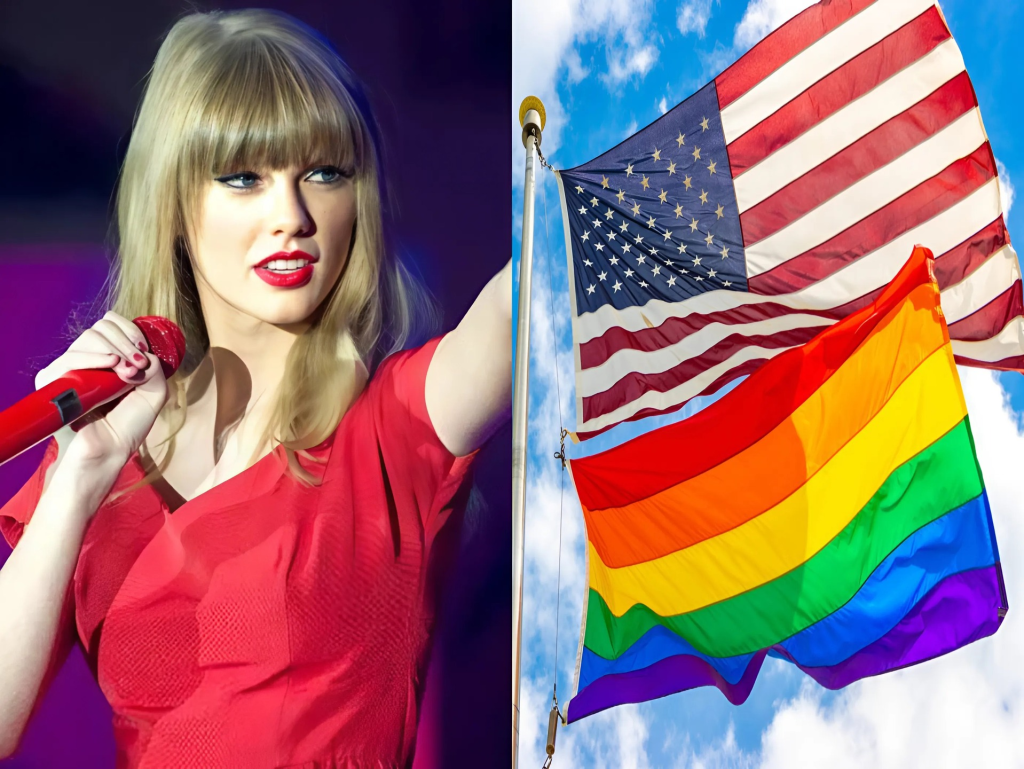Recent reports have surfaced alleging that Taylor Swift supports a ban on LGBTQ and Black Lives Matter (BLM) flags in U.S. school systems, purportedly under a campaign titled ‘Clean Up My America.’ However, these claims starkly contrast with Swift’s well-documented history of advocating for LGBTQ rights and social justice.

In June 2019, Swift publicly endorsed the Equality Act, legislation aimed at prohibiting discrimination based on sexual orientation and gender identity. She penned a letter to Senator Lamar Alexander, urging him to support the act and emphasizing the importance of equal rights for all individuals. Swift stated, “For American citizens to be denied jobs or housing based on who they love or how they identify, in my opinion, is un-American and cruel.”
Further demonstrating her commitment, Swift made a significant donation of $113,000 to the Tennessee Equality Project in April 2019. This organization actively opposes anti-LGBTQ legislation in her home state. In a heartfelt note accompanying her donation, Swift expressed gratitude for their efforts in creating inclusive spaces, writing, “I’m so grateful that they’re giving all people a place to worship.”

Swift’s advocacy extends beyond financial contributions. Her 2019 music video for “You Need to Calm Down” featured prominent LGBTQ personalities and concluded with a direct appeal to support the Equality Act. This endeavor highlighted her dedication to promoting inclusivity and combating discrimination.
Given this consistent track record, the recent allegations suggesting Swift’s support for banning LGBTQ and BLM flags in schools appear unfounded. No credible sources or official statements corroborate these claims. On the contrary, Swift has consistently utilized her platform to champion equality and support marginalized communities.

It’s essential to approach such reports with caution and verify information through reputable channels. Misinformation can undermine the efforts of those striving for social justice and equality. Swift’s history clearly reflects her unwavering support for LGBTQ rights and her opposition to discriminatory practices.
In conclusion, the narrative portraying Taylor Swift as endorsing a ban on LGBTQ and BLM flags in schools contradicts her established advocacy for inclusivity and equal rights. Her actions and public statements reinforce her commitment to fostering a more accepting and just society for all.



